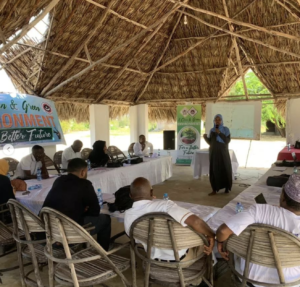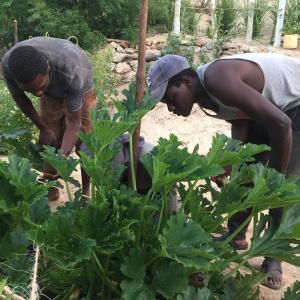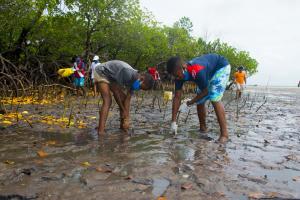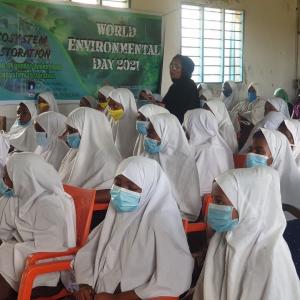
Continuing Education and Additional Livelihoods
Area of interest
Continuing Education and Additional Livelihoods
Without community engagement, environmental projects can’t be truly sustainable. Communities also cannot be expected to protect their environments without knowledge of why it’s important or without continued support after the projects have ended.
Currently, there’s limited knowledge of the human impact on the environment. While many can identify shifting weather patterns and overall degradation of the environment, few can link human behaviour as the cause.
This is in part due to a lack of environmental education, low rates of school finishers and a limited environmental curriculum in schools. This has led to many harmful behaviours being present across the county which puts much stress on the environment.
Further stress on the Lamu environment is the high levels of poverty within the county. Poverty has been linked to environmental degradation as many are forced to further deplete resources to survive. This is becoming apparent in the undertaking of ever more unsustainable fishing and farming practices.
For these reasons, all projects supported by LEF must either offer sustainable benefits to communities to make them financially resilient through climate action or an educational aspect to tackle these issues at the source.





